Life
-
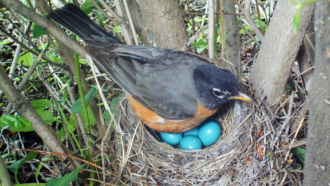 Animals
AnimalsScientists Say: Medullary bone
Medullary bone is a layer that forms inside bird and dinosaur bones. It’s a source of the calcium in eggshells.
-
 Psychology
PsychologyCan’t remember? Maybe you multitask too much between screens
Splitting your attention between devices can make it hard to create new memories, even when you’re not multitasking.
-
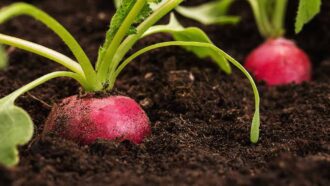 Plants
PlantsHow to grow your own science experiment
Does fertilizer help plants grow better? You might expect it to, but how can you know? This experiment will help you test it yourself.
-
 Oceans
OceansAnalyze This: Shipwrecks provide a home for bottom-dwelling fish
Fish have found a habitat in a submarine and freighter that sunk to the seafloor during World War II.
-
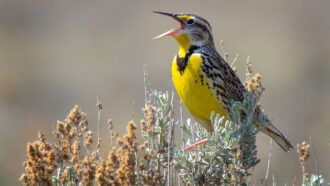 Animals
AnimalsAround the world, birds are in crisis
Human activities around the world are threatening bird species. Numbers of even some of the most common species are starting to fall.
-
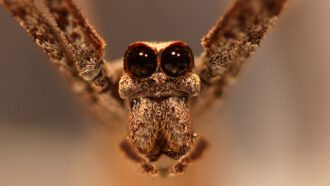 Life
LifeOgre-faced spiders listen closely to snatch bugs from the air
Ogre-faced spiders can hear prey sneaking around behind them. Low frequencies can trigger a blind, backwards attack.
-
 Health & Medicine
Health & MedicineScientists Say: Apoptosis
When it’s time for cells to die, they need to do it carefully, so they don’t harm other cells.
-
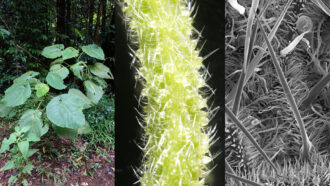 Plants
PlantsPlease do not touch the Australian stinging tree
Stinging-tree leaves look soft and inviting, but one touch delivers agony. Structurally, the plant's painful chemical looks a lot like spider venom.
-
 Health & Medicine
Health & MedicineScientists Say: Puberty
Puberty is a time when hormones surge and people develop the ability to have children. But it’s so much more than that.
-
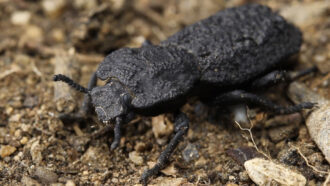 Animals
AnimalsThe diabolical ironclad beetle is nearly unsquishable
The diabolical ironclad beetle is an incredibly tough little creature. A peek inside its exoskeleton reveals what makes it virtually uncrushable.
-
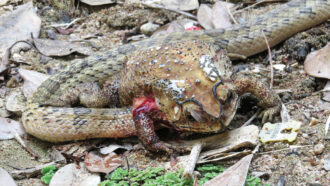 Animals
AnimalsThis snake rips open a living toad to feast on its organs
A particularly gruesome way to kill may help small-banded kukri snakes avoid a deadly poison secreted from the neck and backs of some toads.
-
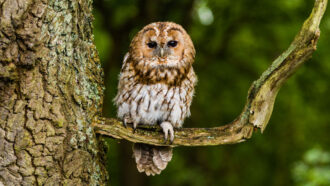 Genetics
GeneticsScientists Say: Evolution
Evolution is how species change over time. Individuals in the group vary, and some will pass on their genes. Over time, the whole species changes.